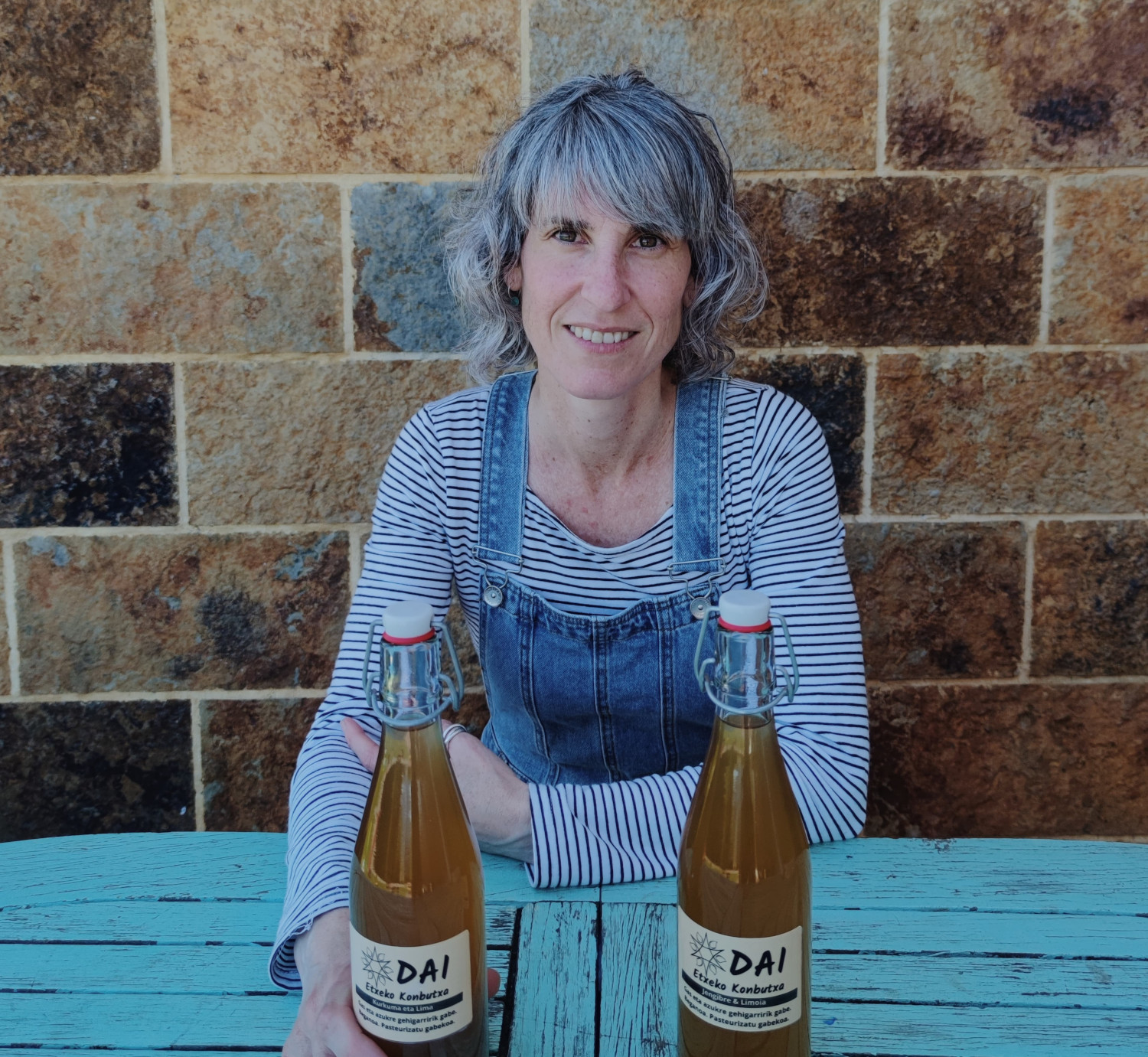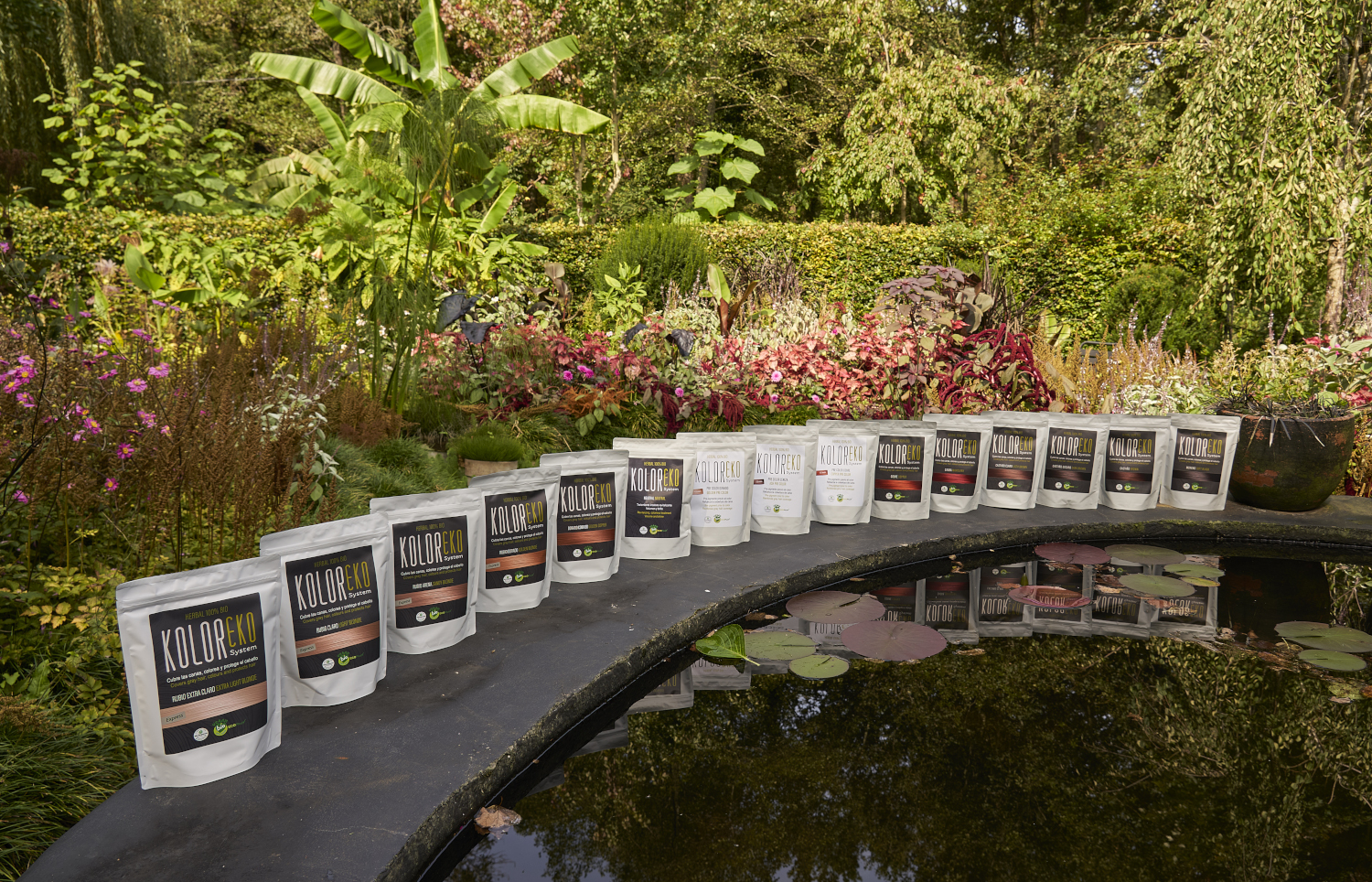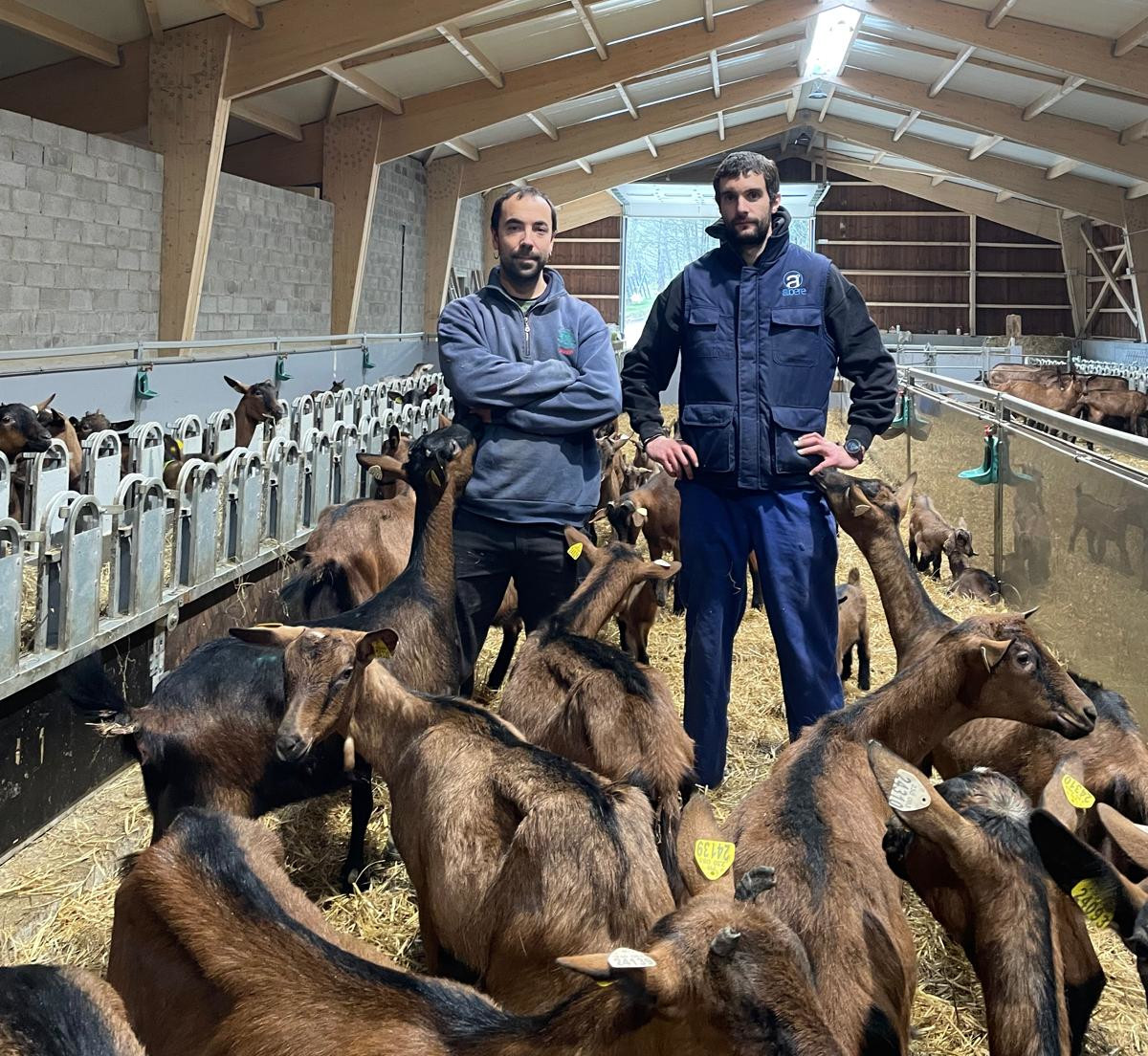Back home with the help of the pandemic
- Egoitz Aurrekoetxea lived in Vitoria when the Bilbao coronavirus pandemic shook the world. At that time he worked in a company, but the new situation gave him a lot to think about and the idea of going to Natxitu’s family farmhouse started to revolve around: “We saw that we needed a change in our life, and as in the farmhouse we had land, it occurred to us to take advantage of them and live them”. Think and do: leave your job and place of residence, and since then he has worked as a farmer in the Sabarri village of Natxitua. The pandemic could not say that it had brought a better society, but at least it seems that some had given a boost to making interesting decisions.

Aurrekoetxea and her family began experimenting in the pandemic with the orchard for home, and seeing that they were getting good results, took a step further and began making vegetable baskets. “We put a greenhouse and produced vegetables there and out.” At the moment, about ten customers take the cart weekly, but the producer’s intention is that production gradually increase and reach more people: “We start with a third of the production we have thought about, next year we start with the second third and we hope that everything we think is underway.”
The cottage has a plot of about 6,000 square meters and Aurrekoetxea is working ecologically: “The plot is in full transition, between now and two years, if things go well, I will be talking about an ecological seal,” he explains. Meanwhile, the farmer is receiving training and courses, and is also testing new ways of selling vegetables. For example, washed lettuce begins to be sold in bags, placed directly in salad.
Biointensive and regenerative agriculture
The Biscayan peasant follows these two production models: “In biointensive agriculture there is always some product in the soil, when I take another one followed by rotation and working with different vegetable families. The idea is that Earth is always giving products.” Regenerative agriculture is also based on crop rotation and the use of compost: “Through rotation and compost, microorganisms and soil structure are preserved, improving nutrients”. For example, the manufacturer does not pass rotabatorras to prevent damage to these terrestrial microorganisms.
Despite being a young project, the Anterior Vegetable is progressively stabilizing, without hurts. The farmer is satisfied with the trajectory and decisions taken so far, and for the future, as production increases, he intends to sell baskets in nearby markets and in the farmhouse itself.
Duela lau urte abiatu zuten Azpeitian Enkarguk proiektua, Udalaren, Urkome Landa Garapen Elkartearen eta Azpeitiako eta Gipuzkoako merkatari txikien elkarteen artean. “Orain proiektua bigarren fasera eraman dugu, eta Azkoitian sortu dugu antzeko egitasmoa, bere izenarekin:... [+]
Donostiako Amara auzoko Izko ileapaindegi ekologikoak 40 urte bete berri ditu. Familia-enpresa txikia da, eta hasieratik izan zuten sortzaileek ile-apainketan erabiltzen ziren produktuekiko kezka. “Erabiltzaileen azalarentzat oso bortzitzak dira produktu gehienak, baina... [+]
Ubidekoak (Bizkaia) dira Imanol Iturriotz eta Aritz Bengoa gazteak. “Lagunak gara txikitatik, eta beti izan dugu buruan abeltzaintza proiektu bat martxan jartzeko ideia”, azaldu du Iturriotzek. Nekazaritzari lotutako ikasketak izan ez arren, baserri munduarekin eta... [+]
Iruñean bizi ziren Iñaki Zoko Lamarka eta Andoni Arizkuren Eseberri gazteak, baina familiaren herriarekin, Otsagabiarekin, lotura estua zuten biek betidanik. “Lehen, asteburuetan eta udan etortzen ginen eta duela urte batzuk bizitzera etorri ginen”, dio... [+]
Gipuzkoako hamaika txokotatik gerturatutako hamarka lagun elkartu ziren otsailaren 23an Amillubiko lehen auzo(p)lanera. Biolur elkarteak bultzatutako proiektu kolektiboa da Amillubi, agroekologian sakontzeko eta Gipuzkoako etorkizuneko elikadura erronkei heltzeko asmoz Zestoako... [+]
Emakume bakoitzaren errelatotik abiatuta, lurrari eta elikadurari buruzko jakituria kolektibizatu eta sukaldeko iruditegia irauli nahi ditu Ziminttere proiektuak, mahai baten bueltan, sukaldean bertan eta elikagaiak eskutan darabiltzaten bitartean.





















